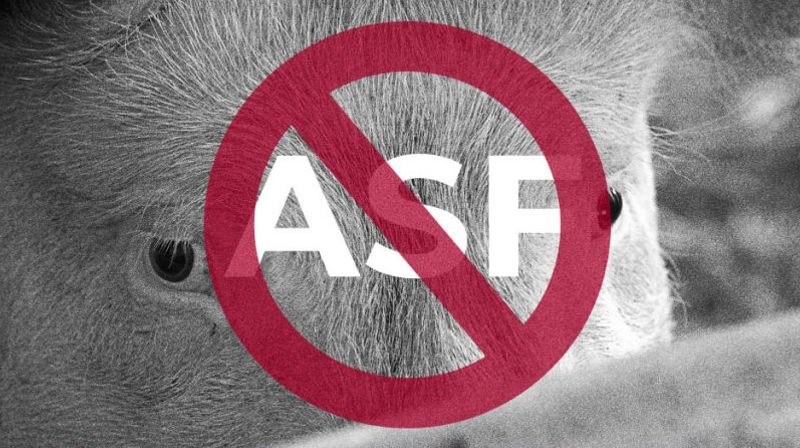Baguio City – With the expected movement of local and foreign residents and tourists in the different areas in the Philippines and the Asia-Pacific area in time for the Christmas holidays, the Food and Agriculture Organization (FAO) of the United Nations has called for the immediate disposal of pork products brought along by travelers coming from African Swine Fever (ASF) infected areas.
In its December 8,2022 ASF situation report, the FAO reiterated that as the COVID-19 situation eased in many countries, the number of travelers may increase during the coming holiday season to which an intensive border/customs control of passengers’ luggage is recommended.
This is aside from warning signs placed clearly at border/customs entry including airports and seaports, stating the consequences of bringing pork and pork products from ASF-infected countries/regions, and instructing passengers to discard pork products in designated disposal places or to hand them over to the customs personnel.
African swine fever virus is a large, double-stranded DNA virus in the Asfarviridae family. This is what causes African swine sickness. The virus causes a hemorrhagic fever with high mortality rates in domestic pigs; some isolates can kill an animal within a week of infection.
As of December 1st this year, the Bureau of Animal Industry (BAI) in the Philippines has recorded 5 active cases in the regional level, 9 in the provincial level, 25 in the municipal level, and 72 cases in the Barangay level having a commutative number of affected areas with 15 cases in the region, 56 in the provincial level, 706 in the municipal level, and 4,186 in the Barangay level.
The BAI in a recent national strategic planning workshop to combat the spread of ASF attended by ASF Coordinators and Information Officers in the different parts of the country shared info-cards indicating details regarding how to avoid ASF, biosecurity implementation for farmers, protection of their livelihood and farming areas, swill feeding information, isolation of new pigs, and reporting unusual events among pigs which are to be shared on social media posts.
Info-cards on why biosecurity is key, and on how to differentiate ASF from other diseases have been shared by veterinarians, while info-cards for border checkpoints particularly on border control, stopping at animal checkpoints, doing one’s part, cleaning and disinfecting vehicles, responsible hunting and traveling, and the selling and buying of certified pork when buying on-line.
The Asia-Pacific countries that has reported traveling ASF cases based on FAO report since August 2018 were China, Mongolia, Viet Nam, Cambodia, Democratic People’s Republic of Korea, Lao People’s Democratic Republic, Myanmar, Republic of Korea, Timor-Leste, Indonesia, Papua New Guinea, India, Malaysia, Bhutan, Thailand, Nepal, including the Philippines.












